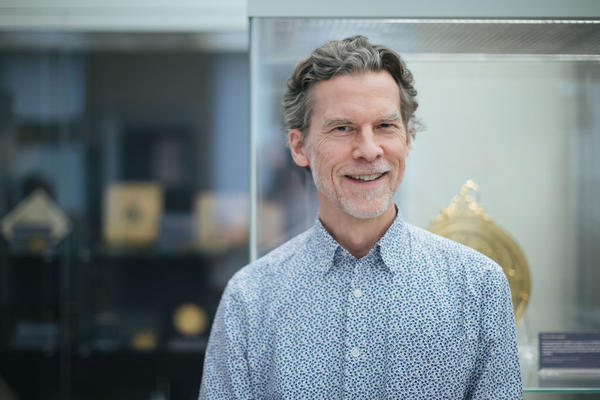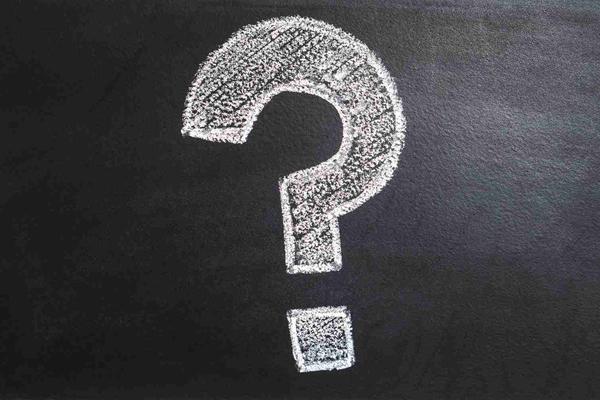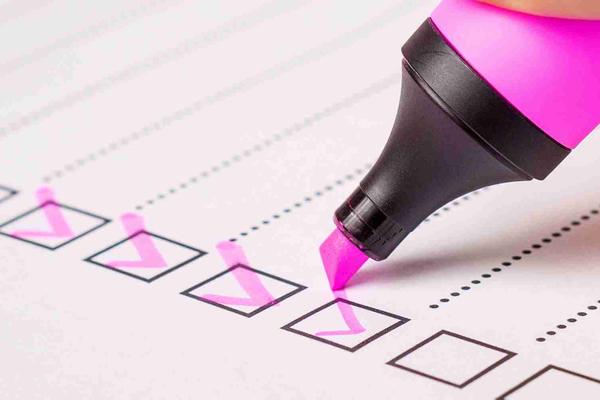Medicine through Time: Penicillin the Wonder Drug
Session details
Delivery
Museum based
Curriculum Links
Science (science and society)
History of medicine (antibiotics)
Key Stage 4 & Key Stage 5
Suitable for Years 10 & 11 and Years 12 & 13 (post-16)
Length of session
75-90 minutes
Maximum group size
20 students
In this session students will:
-
Discover the story of penicillin
-
Find out how science depends on society
-
Learn about antibiotics and X-ray crystallography
This session explores the story of penicillin from its discovery by Alexander Fleming to its war-time development in Oxford.
We will analyse the complex social factors which influence scientific research and development, and increase our understanding of how science works.
The session makes use of the Museum’s collection of objects and archive material to uncover the story of penicillin, including the work of Florey and Chain on the isolation and production of penicillin in wartime Oxford, which led to the development of a new generation of powerful antibiotics.
After an introduction to the story of penicillin alongside an opportunity to handle historical medical objects, students will engage in an activity designed to draw out themes and controversies, including the social and historical factors involved in scientific developments.
This session touches on the ethics of medical research and may be of particular interest to students aiming to study medicine or pharmacology.








